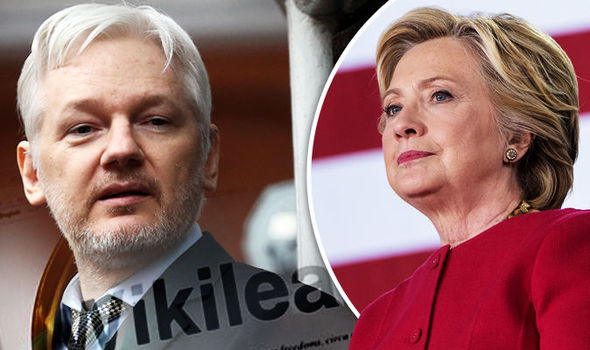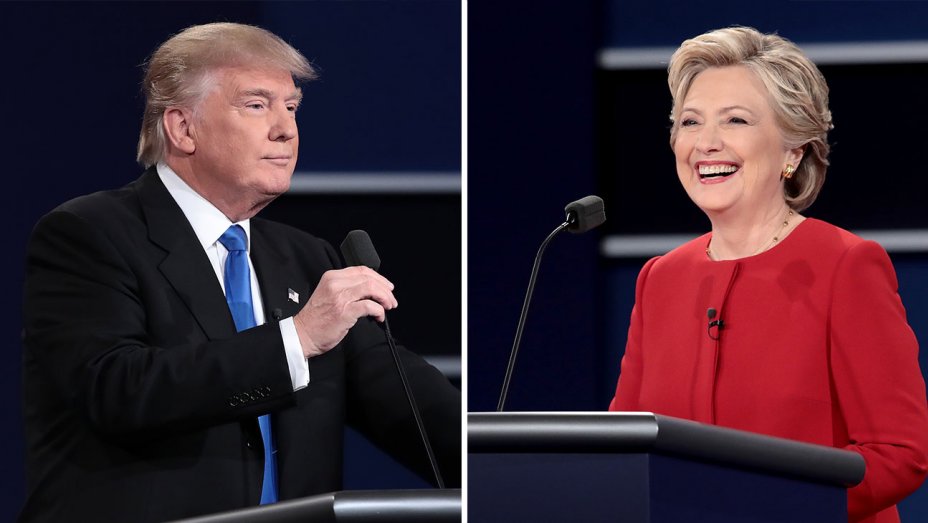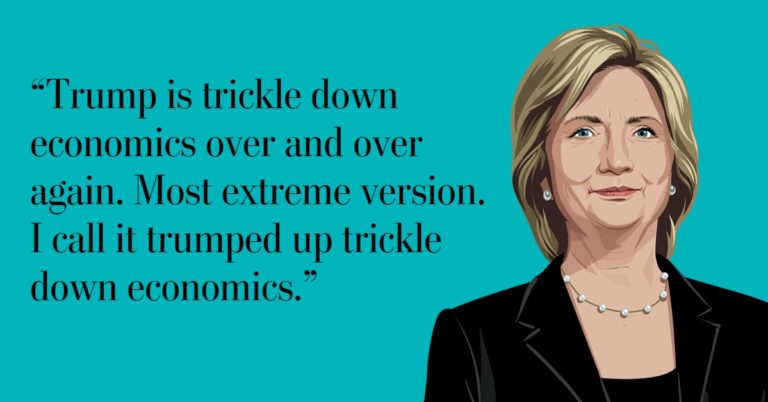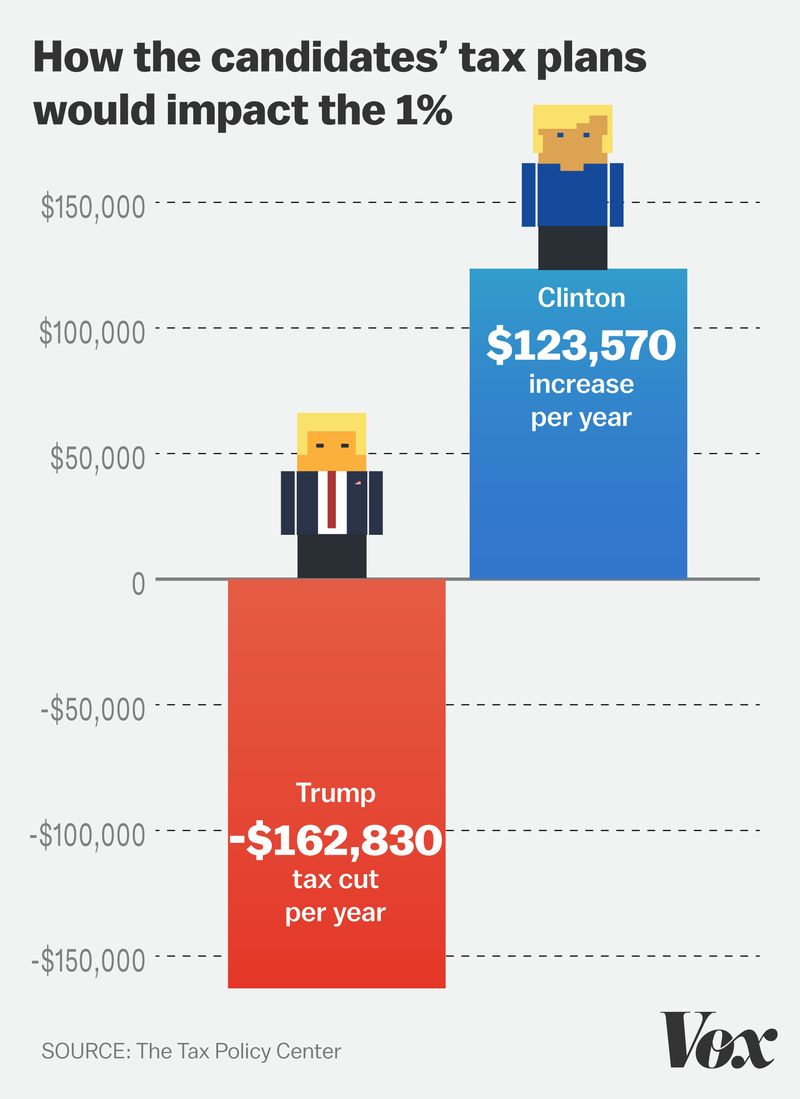
“Kind of far removed.”
Surprise! It’s October, which means the election is heating up with leaks and new revelations designed to cause political mayhem. This election cycle’s ‘October surprises’ have not only brought chaos, but they have also wreaked complete havoc for Republican presidential nominee Donald Trump’s campaign. While the Trump camp is suffering, Clinton has not gotten off easy with WikiLeaks releasing new emails from the Clinton campaign. Emails? You’d think voters would be sick of that by now, but the emails reveal Clinton admitted to Wall Street firms that she is “kind of far removed” from the middle class.
Same Story, Different Audience
The opposing side has promoted this message as a negative comment from Clinton, one that illustrates Hillary Clinton’s lack of appeal to middle-class voters. However, when looking at Clinton’s full statement, her message is consistent with what she has been saying throughout the campaign. Clinton’s middle-class upbringing and her professional experiences make her empathetic to middle-class struggles and capable of fixing them. The leak only reveals that Clinton uses both personal and professional experiences to influence her policies and reach various audiences. This rhetoric is in her speeches to Wall Street firms as well as her speeches on the campaign trail.
Clinton’s full statement to investment banks highlight her childhood in Illinois, “We had solid middle-class upbringing. We had good public schools. We had accessible healthcare. And now, obviously, I’m kind of far removed because of the life I’ve lived and the economic, you know, fortunes that my husband and I now enjoy, but I haven’t forgotten.” Hillary Clinton consistently highlights her middle-class upbringing on the campaign trail, just as she did to Wall Street investment bankers. It’s a tool that not only puts her at an equal level with voters, but it also shows she’s on their side. Clinton argues that someone who has experienced middle-class hardship is far more likely to work to end it, compared to someone who has lived a life of luxury.
Clinton’s Weakness: Being a politician
If nothing else, the leak portrays Hillary Clinton as a typical politician, which seems to be the worst thing one can be in the current political environment. Russell Berman of The Atlantic noted the emails, “Capture a candidate, and a campaign, that seems in private exactly as cautious, calculating, and politically flexible as they appeared to be in public.” Clinton’s campaign is marked by her inability to connect with voters, particularly middle-class voters. The WikiLeaks emails do not appear to reveal the personal information one expects to find with email leaks. The leaks only play into Clinton’s private and cautious persona.
Clinton addressed her public image in a recent Humans of New York piece stating, “I know that I can be perceived as aloof or cold or unemotional, But I had to learn as a young woman to control my emotions. And that’s a hard path to walk. Because you need to protect yourself, you need to keep steady, but at the same time you don’t want to seem ‘walled off.’” Despite her honesty, Hillary Clinton still struggles to appear authentic and relatable, particularly with middle-class voters.
Coming full circle: Clinton’s Policies
In recent weeks, Clinton has focused on her middle-class upbringing, using rhetoric similar to that in the email leak, to connect with voters. Her attempts in the first and second debate performances portray her as one who has endured middle-class struggles. Clinton targets middle-class voters by advocating policies that attempt to fix Obamacare and make college affordable and debt free. This strategy seems fitting after reading the leaked email in which Clinton states her middle-class upbringing allowed her ‘accessible healthcare’ and ‘good schools.’ Clinton’s policies reflect her history, but the only missing piece for many middle-class voters is the ability to see her as an average American. Only time will tell if Clinton can persuade voters, but in the meantime, Republicans will continue to portray Hillary Clinton as a ‘corrupt politician.’
What Matters to Voters
While “October surprises” have been no cakewalk for Hillary Clinton, it is clear that her opponents will use anything to discredit her. This is true even when the ‘facts’ like the leaked email comment stated above show that Clinton has been consistent in using her middle-class upbringing to highlight the fact that she, “hasn’t forgotten.” The Republican nominee, now ‘unshackled‘ from his own party, may continue his combative and divisive tone in an attempt to profit from Clinton’s ‘October surprise.’ However, if the past few days are any indication, it appears that Trump’s camp would rather continue the war against the GOP than save their campaign from imploding. With Clinton’s email leak, and Donald Trump’s sexual assault video coming out at the same time, it begs the question: Which issue will resonate the most with voters? Especially among middle-class voters, a group high in family and women voters, one would guess sexual assault takes precedence.





